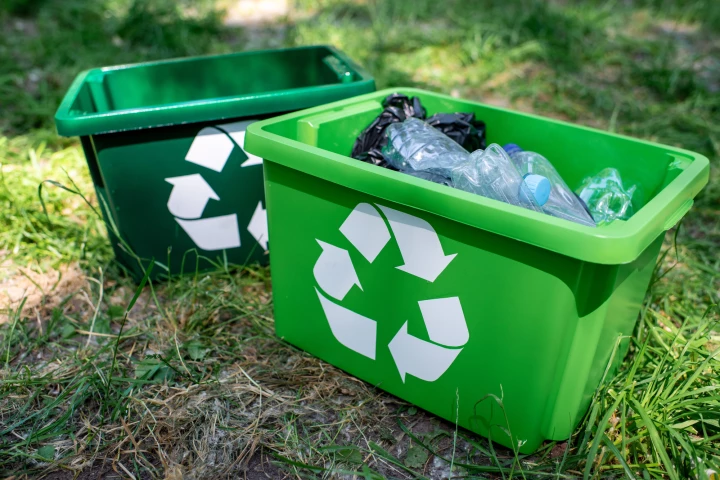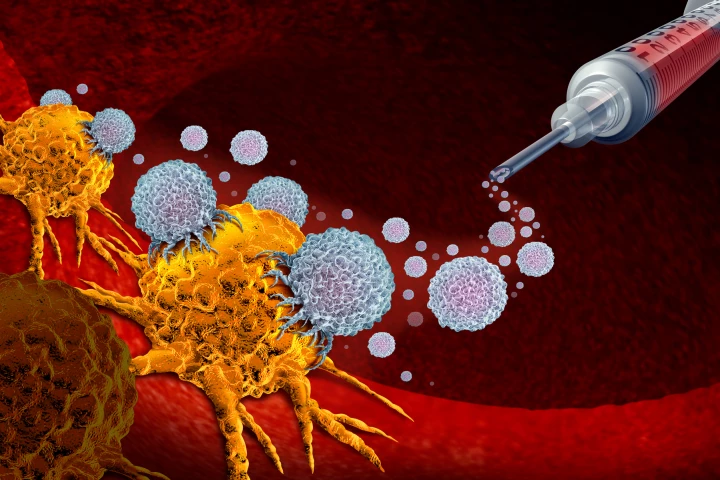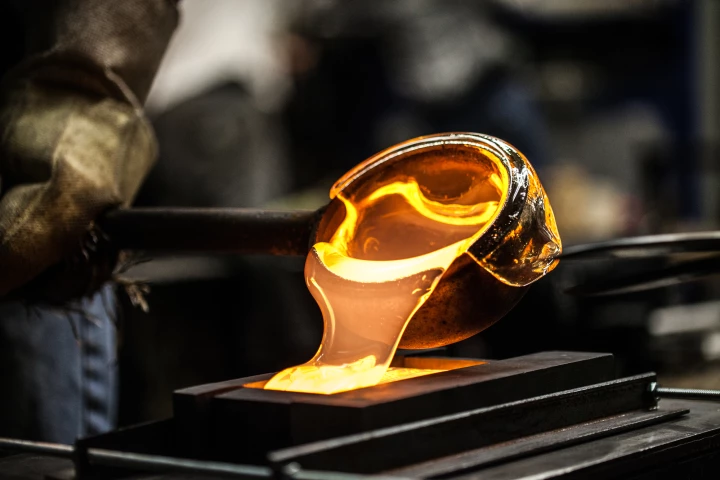University of Konstanz
-
Researchers found that when groups of people watch the same health promotion videos, their brain activity syncs up, indicating that the message has gone beyond being seen and heard. This approach could lead to more effective health campaigns.
-
Plastics are made to last, which is great while they’re being used but not so great after they’re discarded. Chemists have now developed a new kind of plastic that has all the durability of regular plastic, but biodegrades within months or even days.
-
In recent years effective new methods of cancer treatment are emerging. Now, scientists at the University of Konstanz have found that combining two experimental methods – a vaccine and an immunotherapy – helps boost the success rate in mouse models.
-
Scientists have sequenced the genome of a “living fossil” from the time our ancestors first crawled out of the oceans. The Australian lungfish genome is the largest of any animal sequenced so far, revealing it to be our closest living fish relative.
-
Mundane as it may seem, glass is a surprisingly mysterious material. Now scientists at the University of Konstanz have identified a new state of matter called liquid glass, which has some unusual properties.
-
The idea alone of a massage might do wonders for some people’s stress levels, but a new study has delved into the physiological details of how these short and sweet treatments can kick the body’s relaxation systems into gear.
-
Humans can recognize their own face in the mirror, and so can apes, monkeys, dolphins, elephants, and some birds. Now a fish species has passed the mirror test for the first time, which may suggest that the animals are smarter than we give them credit for.
-
To recognize the burgeoning field of robot art, a new contest has been launched by website RobotArt.org, and you can help determine which mechanical painter will win.
-
Researchers at the University of Konstanz and the Helmholtz-Zentrum Dresden-Rossendorf (HZDR) claim to have created a molecule-sized electrical switch and proven its operation for the very first time. This work may lead to other microscopic electronic components born from self-assembling molecules.
-
Scientists from the University of Konstanz, Germany, are the first to demonstrate that fruit flies can distinguish cancerous cells from healthy ones via their sense of smell. The team has genetically modified fruit flies so that their antennae glow when they detect a cancerous odor.
-
Researchers from the University of Konstanz have developed a robot painter by modifying an industrial welding arm, and it produces startlingly beautiful images in a variety of styles on canvas.










